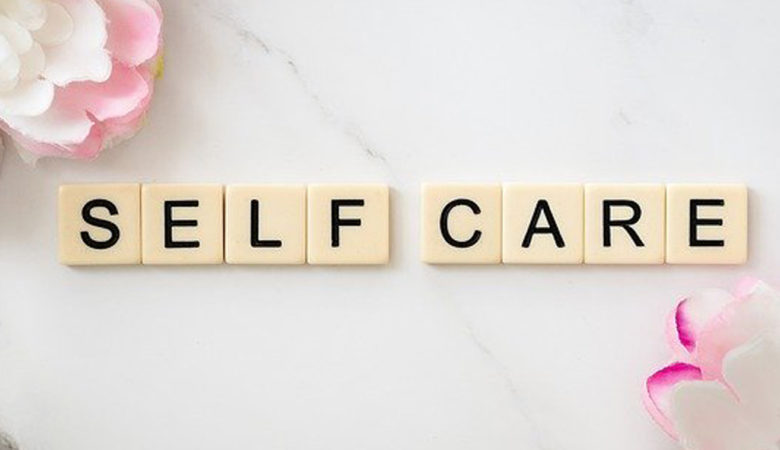What is your better definition of fear? Fear for me is experienced in different ways by different people. It affects us differently; anxiety, doubt, apprehension, panic, unease and worry all are intertwined and connected. Fear is an unpleasant and often strong emotion caused by anticipation or awareness of danger.
Every workplace comes with its own degree of stress, and at some point through the course of your life or career, it’s likely you’ll feel the pressure that can come from maintaining a job. Experiencing anxiety at work is ultimately bad for everyone. Consistent anxious feelings in the workplace can actually lead to underperformance and affect the relationship between employees and their co-workers and managers.
There are some certain reasons which trigger these feelings in employees. Below are four of these reasons.
1 Fear of failure: More often than not teammates are plagued with fear of failing at their jobs or in life. In the world we live in, we go through a lot of things; sales fall through, initiatives go ignored and metrics aren’t always met. Irrespective of all this you can choose to dwell or you can choose to learn a lot from failure.
2. Embarrassment: Embarrassment is a feeling no one likes especially when it has to do with work. It can be as simple as copying the wrong person on a sensitive email. The feelings of embarrassment at work can oftentimes feel more augmented than they might at home. No employee wants to be embarrassed in front of their managers and colleagues — and they often see recovery as impossible. As a result, people avoid risk to avoid embarrassment, which minimizes learning.
3. Rejection: Just like how the fear of embarrassment might hold your employees back from exercising their full potential so will fear of rejection. This attitude often stems from feeling undervalued at work, or not knowing exactly where you stand. If an employee isn’t completely sure that their idea or opinion at the very least will be valued and considered, they are more likely to keep their mouths shut.






Leave a Reply